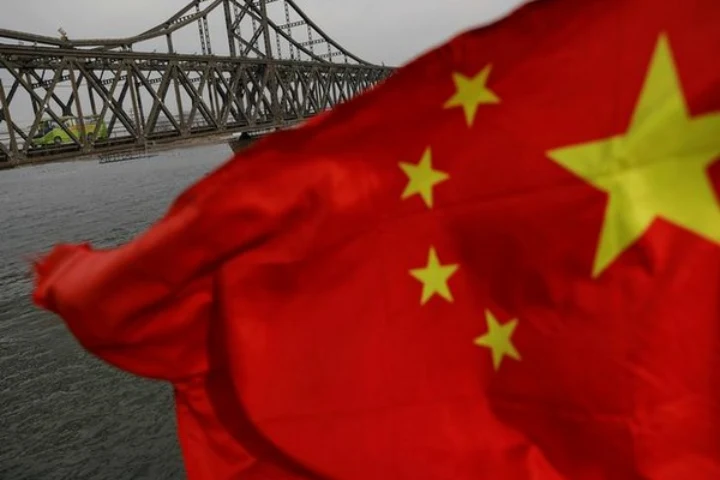

Representative Image
China has secured last rank in internet freedom, according to an annual report by the US-based non-profit organisation Freedom House.
The organisation’s 2024 ‘Freedom on the Net’ (FOTN) report, which was released on Wednesday, assessed internet freedom based on data collected from June 2023 to May 2024 in terms of obstacles people face accessing the internet, limits on content and violations of users’ rights.
Freedom House said that China shared its designation as the world’s worst environment for internet freedom with Myanmar.
China and Myanmar both scored 9 out of 100 in internet freedom, the lowest among all the countries assessed.
According to the report, China intensified its efforts to seal off its domestic internet from the global network. The Chinese government blocked international access to certain official websites. Moreover, authorities imposed hefty fines on individuals using virtual private networks (VPNs).
“Beijing has persisted in its effort to isolate China’s domestic internet from the rest of the world, blocking international traffic to some government websites and imposing huge fines on people using VPNs. The Chinese government also continued to systematically repress dissent, for example by censoring online discussion about activist and journalist Sun Lin, who died in November 2023 after police beat him in apparent retaliation for his social media posts about protests against Chinese Communist Party (CCP) leader Xi Jinping,” the report said.
Over the deteriorating internet freedom conditions in Myanmar, the report said that the country’s military escalated its assault on internet freedom, and conducted a brutal campaign against online dissent.
“Conditions there deteriorated to their lowest point in the history of FOTN. Since seizing power in a 2021 coup, Myanmar’s military has conducted a brutally violent crackdown on dissent and imprisoned thousands of people in retaliation for their online speech, all while building a mass censorship and surveillance regime to suppress the activities of civilian prodemocracy activists and armed resistance groups,” the report said.
“In May 2024, the military introduced new censorship technology to block most VPNs, cutting residents off from tools they had relied on to safely and securely bypass internet controls,” it added.
At the other end of the spectrum, Iceland maintained its status as the freest online environment, and Zambia secured the largest score improvement. For the first time in 2024, FOTN assessed conditions in Chile and the Netherlands, both of which showcased strong safeguards for human rights online.
The organisation further noted that global internet freedom declined for the 14th consecutive year and protections for human rights online diminished in 27 of the 72 countries covered by FOTN.
Hailing the centre's fight against naxalism and red terror, Prime Minister Narendra Modi said that…
Defence Minister Rajnath Singh aboard India's first indigenously built aircraft carrier, INS Vikrant, on Friday…
In a coordinated operation, the North West District of Delhi Police apprehended 38 Bangladeshi nationals…
A recent report by the Tibet Action Institute has unveiled troubling evidence of mistreatment, forced…
Heavy rain lashed many districts of Kerala on Friday, disrupting normal life and causing waterlogging.…
Foreign Secretary Vikram Misri met US Under Secretary of Defence Elbridge Colby along with Indian…